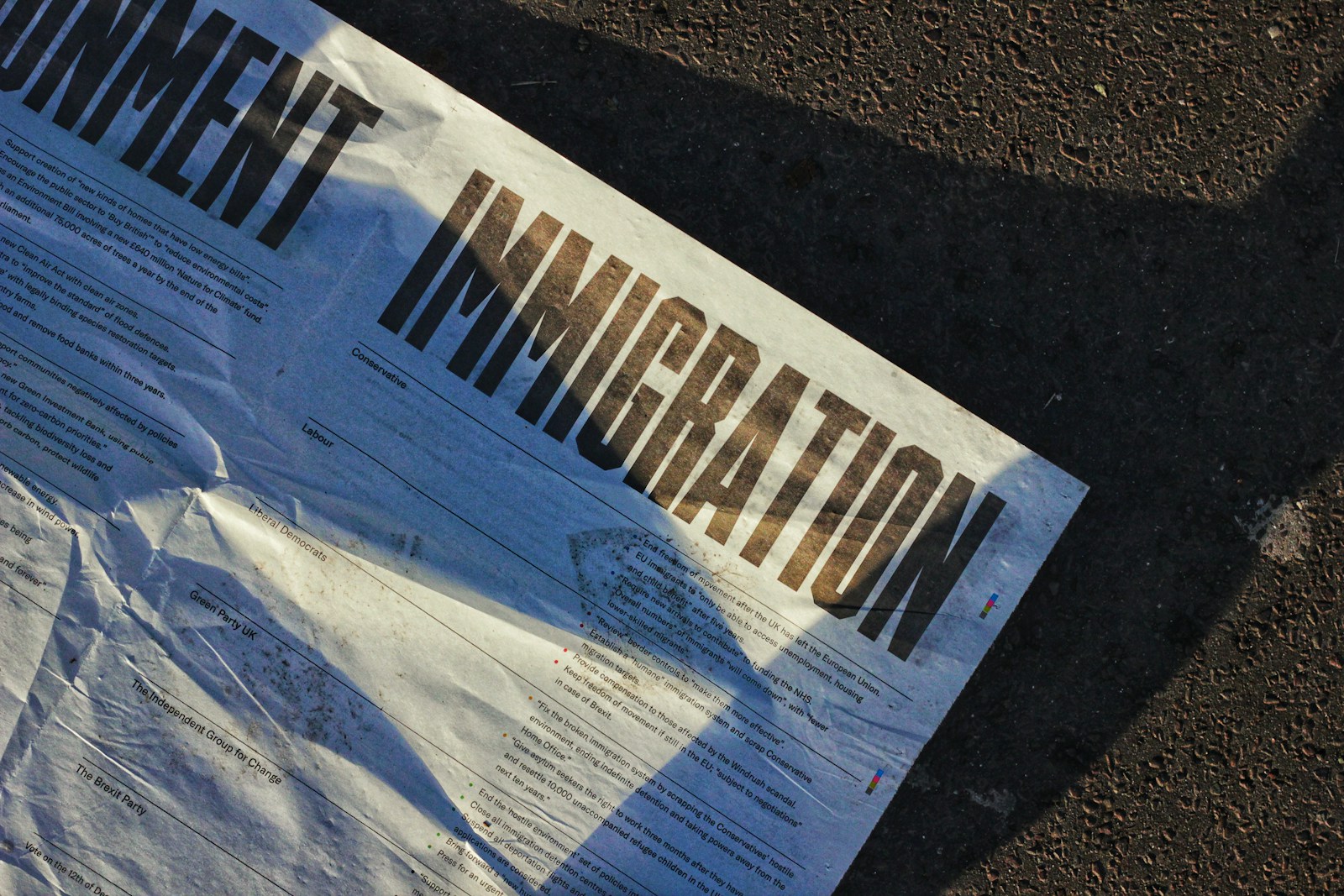Key Takeaways
- A federal judge says Florida could commit false imprisonment
- State officers kept arresting migrants after court block
- 27 arrests reported by highway patrol in six weeks
- One US citizen also faced charges under the law
- The judge held the attorney general in contempt
Florida kept enforcing a new immigration law after a federal judge blocked it. The law made it a crime to enter the state without legal status. Despite the court order, law officers still made arrests. Now a judge warns these actions could be false imprisonment.
Law and Arrests Under the Blocked Law In early April a district judge said the state law must stop. She issued a temporary block against its use. Yet in the weeks that followed police made dozens of arrests. Data from the state patrol covers arrests between early April and late May. These numbers come from one agency alone. Hundreds more officers had the power to arrest under the law. This means the total arrests are much higher.
Details of the Arrests The state highway patrol logged 27 stops and arrests in six weeks. These actions happened even after the law was paused. At least nine of those taken in custody went straight to immigration detention. Beyond those nine there could be more that we do not know about. Other local and state agencies also took part in enforcing the law.
The Law’s Key Points Under the law it was a misdemeanor to be in Florida without legal status. It marked one of the strictest immigration efforts by any state. The law even allowed traffic stops to check status. This made many drivers and passengers targets.
The Court Order That Stopped It The judge issued a temporary order on April fourth. She found the law probably broke federal rules. From that day on no one should face charges under the law. The order covered the state and its agencies. It also applied to all police officers and prosecutors.
State’s Argument and Judge’s Response After the order the state attorney general’s office made a legal argument. They said the block only applied to parts of the case. They claimed it did not bind every law enforcement officer. The judge did not accept this view. She said it never crossed her mind that police would ignore her order. She also expected state attorneys to guide officers so no more arrests happened.
Warning of False Imprisonment The judge told state leaders that further arrests may amount to false imprisonment. She explained that holding someone in jail when the law is not in effect is illegal. This warning highlights the risk of liability. Any arrested person could file a claim for unlawful detention.
A U S Citizen Arrested Not only migrants faced arrest under the law. One man with US citizenship also got caught. He crossed from Georgia and entered Florida. State patrol officers stopped him and charged him under the same law. This arrest took place after the judge’s order. It shows how the law cast a wide net.
Contempt and Court Fight Last month the judge reached a boiling point. She held the Florida attorney general in contempt of court. She accused state leaders of willful defiance. The contempt ruling shows how serious the court sees the issue. It also starts new legal battles over penalties for ignoring federal orders.
Impact on Migrant Families The law sows fear among immigrant communities. Families driving or traveling within the state face random stops. They worry even naturalized citizens could face detention. Deportation risks rise. Children and parents feel unsafe on daily commutes. Some avoid reporting crimes out of fear. This affects local trust in law enforcement.
Broader Implications for States Florida’s case tests state power over immigration. Federal courts must decide if states can set tough rules. Other states may watch and follow similar paths. But they must also heed court limits. This case shows that federal law still rules on immigration.
What Comes Next The court will likely set a hearing to set penalties. The state could face fines or orders to pay damages. Attorneys may seek compensation for those wrongly arrested. Meanwhile the law remains blocked. Officers banned from using it must adjust their policies. State leaders must decide if they will appeal or rewrite the law.
Why It Matters Immigration policy often sparks heated debate. States want to protect borders, while courts enforce federal power. Florida’s dispute highlights the clash. When laws collide, people can suffer. Each wrongful arrest affects lives and erodes trust.
Conclusion Florida’s continued arrests under a blocked law show deep legal conflict. A federal judge warns of false imprisonment and held the attorney general in contempt. Meanwhile migrants and city residents face uncertainty. The outcome could shape state immigration efforts across the country.
